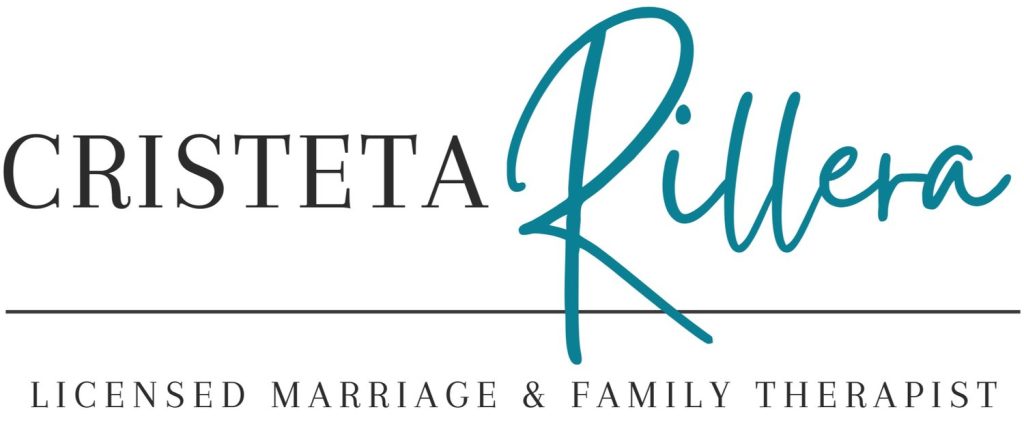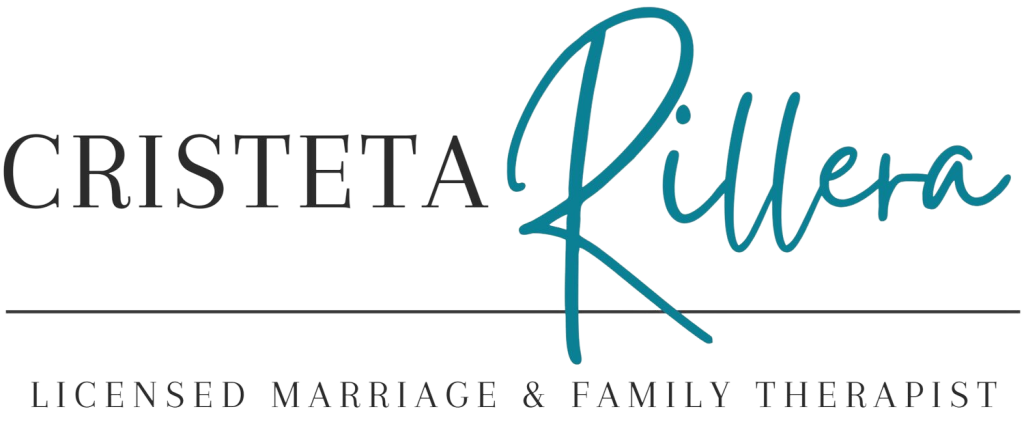Understanding Anxiety Disorders
If not addressed promptly, anxiety can detrimentally affect one’s quality of life; however, it can be managed with the help of treatments such as CBT, mindfulness practices, and medication management when needed.
Anxiety disorders can be debilitating, and understanding them is an important step in seeking treatment. Investigating potential therapists before settling on one is crucial for successfully managing an anxiety disorder, so it’s worth the effort.
Finding the Right Therapist for You
Locating an appropriate counselor can be a daunting undertaking. To ensure you get the best care, investing effort into researching potential therapists in Sacramento and selecting one that fits your needs is essential. Here are some tips for finding a qualified therapist in Sacramento:
Researching Potential Therapists
When researching potential therapists, it’s important to look at their qualifications, experience, areas of expertise, and credentials. Seek a professional licensed to practice marriage and family therapy, with significant experience aiding those dealing with anxiety or other mental health issues. Ensure they have specialized training in evidence-based tools and techniques such as cognitive behavioral therapy (CBT) or dialectical behavior therapy (DBT).
Seek referrals from those close to you and inquire with family and friends if they know reputable therapists in the area. This can help narrow your search by providing recommendations from people you trust who have had positive experiences with certain professionals. Seek details from your loved ones about their experiences with therapists in the vicinity to get a sense of what kind of services each one provides.

Seeking the right therapist can be time-consuming, but ensuring that those with anxiety or mental health concerns receive optimal care is worth the effort. You can identify an experienced therapist offering personalized care tailored to your unique needs by researching and considering various options.
Uncovering a therapist who is right for you can be intimidating, but with careful exploration and suggestions from loved ones, discovering someone who fits your requirements is feasible. Mindfulness practice has been found to relieve anxiety symptoms; this article will discuss how mindfulness works, the best meditation apps available, and other techniques used in conjunction with mindfulness.
The Benefits of Mindfulness Practice for Anxiety Relief
Mindfulness has been demonstrated to be a useful way of managing anxiety issues. Meditation that concentrates on the here and now can be an advantageous treatment for uneasiness issues, helping people to become more mindful of their musings, feelings, and activities. By practicing mindfulness, individuals can experience increased focus, decreased anxiety and depression, and improved overall well-being.
How mindfulness works
Mindfulness involves paying attention to the present moment without judgment or criticism. By observing our thoughts and feelings, we can better understand ourselves and how to effectively manage difficult emotions. By being mindful, we can learn to respond to challenging emotions like fear or anger more healthily than impulsively reacting or ignoring them. This awareness also allows us to recognize when we engage in unhealthy coping mechanisms, such as reassurance-seeking behavior, which only perpetuates anxious thinking patterns over time.

Popular options such as Calm, Headspace, Insight Timer, 10% Happier, Buddhify 2, and Smiling Minds provide tailored guided meditations to help reduce stress levels associated with anxiety disorders. These apps enable greater self-awareness through body scans or mindful breathing techniques for an all-around holistic experience.
Mindfulness can be a powerful way to grapple with unease. By recognizing adverse thought processes, challenging them, and constructing techniques beyond seeking comfort, we can better take ownership of our psychological well-being. Let’s explore strategies for challenging these negative self-talk thoughts and behaviors to gain greater insight into our anxieties.
Challenging Negative Thoughts & Reassurance Seeking Behaviors
Negative thought patterns are a common symptom of anxiety disorders. It can be tough to distinguish these ideas for what they are, as they often come across as truths. Catastrophic predictions, all-or-nothing statements, and overgeneralizations characterize negative thinking. Examples of this thinking include: “I’m going to fail the test no matter how hard I study” or “No one likes me.” Identifying negative thought patterns is an important step in managing anxiety and reducing reassurance-seeking behaviors.
Strategies for challenging negative self-talk can help individuals break free from their anxious thoughts and regain their self-confidence. Challenging negative thoughts involves questioning the validity of the thought, looking at evidence that refutes it, and replacing it with a more realistic belief or statement. For example, instead of telling yourself “I will never be successful” try saying something like “I have had successes in my life before; I just need to work on developing new skills so that I can achieve my goals”. This kind of positive self-talk helps build confidence and resilience, which can lead to less anxious feelings overall.

By learning to identify and challenge negative thought patterns, individuals can begin to recognize when they are engaging in reassurance-seeking behaviors. By comprehending the origin of these behaviors, individuals can set out to construct strategies for controlling their anxious thoughts and emotions beforehand.
Anticipatory Anxiety Management Techniques
Anticipatory anxiety is a form of fear and worries that can arise when faced with an uncertain future. Anticipatory anxiety can be brought on by various circumstances, from tests to talks and trips. Identifying triggers for anticipatory anxiety is the first step in managing it effectively. Common triggers include worrying about what others think of you, feeling overwhelmed by expectations, or fearing failure. Once these triggers are identified, techniques can be employed to manage anxious thoughts and feelings.

CBT is an effective technique to reduce anticipatory anxiety symptoms, which involves recognizing and replacing negative thought patterns through exercises such as journaling and reframing one’s self-talk. Other useful strategies include deep breathing to reduce physiological arousal associated with the fear, progressive muscle relaxation to lessen tension in the body, mindfulness meditation for becoming conscious of present experiences without judgmental thinking getting in the way, guided imagery utilizing mental images to generate a relaxed state within both mind/body systems, and visualization focusing on calming scenes from nature or other peaceful places for attaining physical and mental repose. Keywords: Cognitive Behavioral Therapy (CBT), negative thought patterns, deep breathing exercises, progressive muscle relaxation, mindfulness meditation, guided imagery, visualization techniques
By learning to identify triggers for anticipatory anxiety and implementing effective techniques, individuals can manage their anxious thoughts and feelings healthily. Ketamine has been demonstrated to be a beneficial option for those with PTSD or extreme anxiety; let’s delve deeper into the advantages of this cutting-edge treatment.
Coping With Financial Stress During Difficult Times
Financial stress is a common issue that many individuals face during difficult times. It can have a major impact on one’s mental health, leading to feelings of anxiety and depression. Understanding how finances affect mental health is the first step in managing financial stress.

Establishing a budget and adhering to it is essential to lessen financial pressure. Creating a budget and adhering to it can aid in comprehending where money is being expended, as well as how much you can put aside each month. Additionally, tracking expenses will give you an idea of what areas need improvement regarding spending habits or saving for unexpected expenses.
It may also be beneficial to look into debt consolidation or other forms of credit counseling if necessary. A qualified professional can provide guidance on which options are best suited for individual needs and circumstances and offer support throughout the process of paying off debt or establishing good credit habits.
FAQs in Relation to Sacramento Anxiety Therapy
Cristeta Rillera uses a combination of evidence-based therapies to help individuals overcome anxiety. CBT is a successful method to tackle anxiousness, as it assists the person in recognizing and refuting negative thought processes that lead to nervousness. Additionally, Exposure Therapy can gradually expose individuals to their fears to reduce fear responses over time. Finally, relaxation techniques such as mindfulness meditation or progressive muscle relaxation are also beneficial in managing anxiety symptoms.
CBT and mindfulness can identify and modify unhelpful thought patterns that lead to anxiety, while relaxation strategies are employed to achieve a calmer state. CBT helps to identify and challenge unhelpful thought patterns that lead to anxiety, while mindfulness encourages the individual to focus on the present moment without judgment or attachment. It is also important for individuals struggling with anxiety to practice relaxation strategies such as deep breathing exercises, progressive muscle relaxation, and guided imagery. Regular physical activity has been demonstrated to reduce tension levels and enhance overall health.
Therapy is an effective tool for managing anxiety. Research indicates that CBT and other psychotherapies can help diminish the signs connected with uneasiness issues, such as fits of anxiety, fears, OCDs, social tension, and PTSD. With the guidance of a qualified therapist specializing in anxiety disorders, individuals can learn to identify their triggers and develop strategies to cope with them more effectively. In addition to these evidence-based approaches, many therapists also use mindfulness techniques or creative interventions like art therapy, which may further help reduce feelings of distress.
The number of sessions needed for anxiety therapy depends on the individual and their specific needs. Generally, 8-10 sessions spread out over some time are suggested to gain an understanding of the symptoms and create strategies for dealing with them. However, this can vary depending on how severe the anxiety is and how quickly progress is made during treatment. To ensure the best possible outcome, it is essential to find a professional who can evaluate your individual circumstances and create an individualized treatment plan.
Conclusion
Tracking down a Sacramento therapist who can assist with anxiety might seem overwhelming. Realizing your disorder and the treatments accessible is vital for successful healing. With the variety of evidence-based therapies available, such as mindfulness practice, cognitive restructuring techniques, and financial stress management counseling from Cristeta Rillera, you have access to reliable resources that will provide individualized care tailored specifically to meet your needs. Don’t let fear keep you from seeking out Sacramento anxiety therapy today.
Take the first step towards overcoming anxiety and fear with Cristeta Rillera, LMFT. With her years of experience in diverse clinical settings, she can help you gain the skills to lead a meaningful and authentic life.










